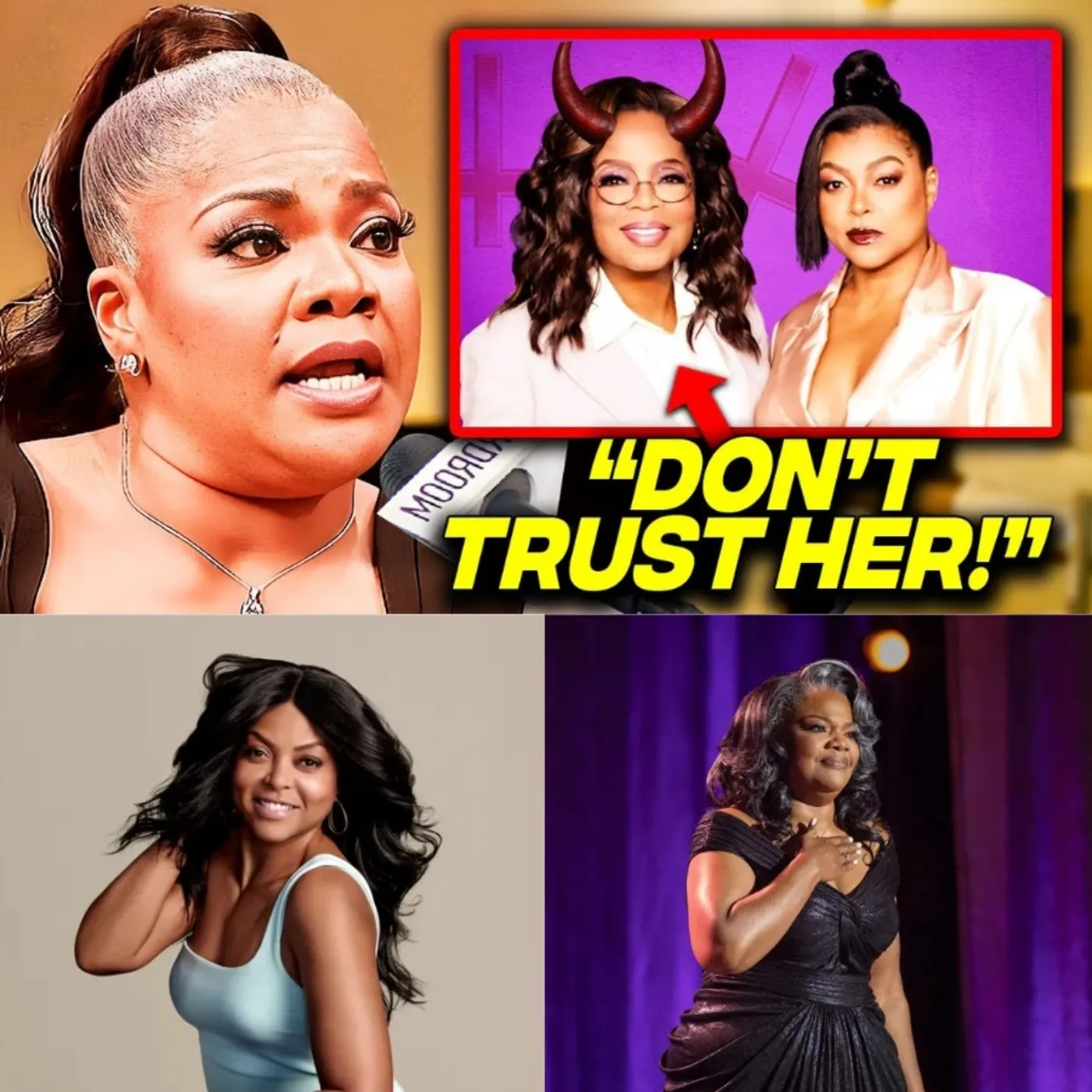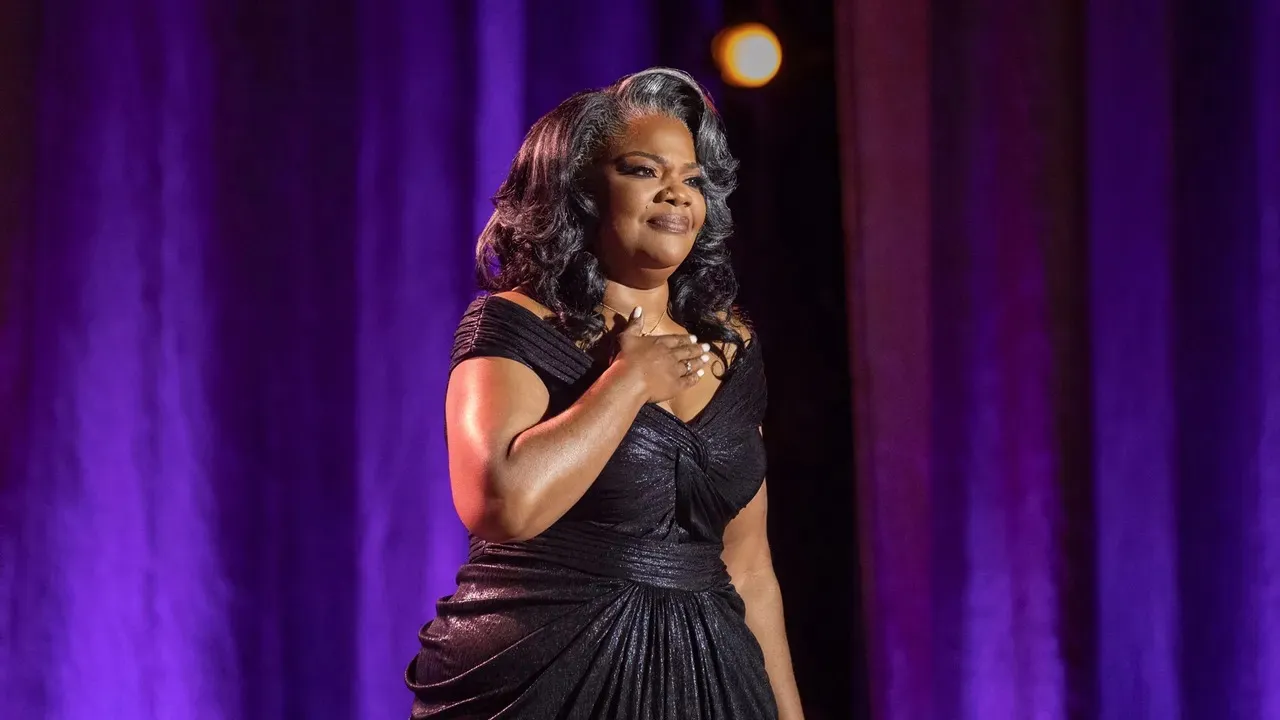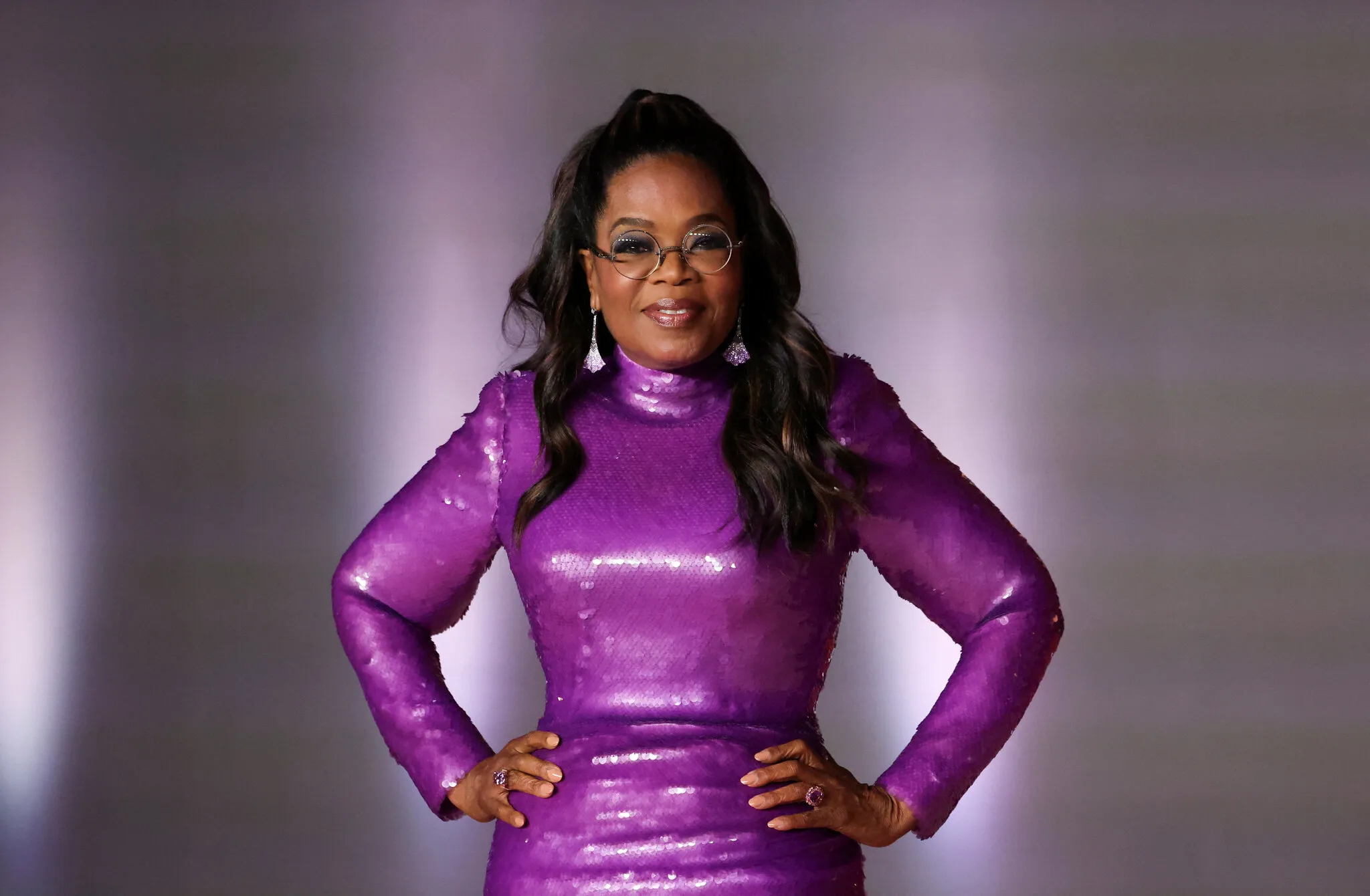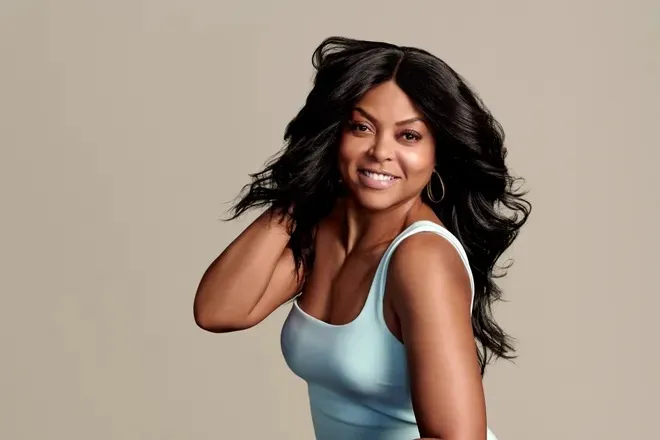
Mo’Nique has once again stirred conversation about Hollywood’s treatment of Black actresses, spotlighting Oprah Winfrey’s role as a producer on The Color Purple and her handling of alleged on-set issues. Recently, Taraji P. Henson shared her experiences while filming the movie, noting frustrations over inadequate resources and safety concerns on set. Henson revealed that, as a principal cast member, she was asked to drive herself to set in Atlanta—a request she found concerning due to safety and insurance liability. When she requested transportation assistance, she was met with resistance from the production team, an experience she found disheartening given the film’s high profile.

Mo’Nique responded to Henson’s accounts by openly criticizing Oprah, accusing her of failing to support Black actresses consistently, despite her influence and authority as a producer. Mo’Nique argued that Winfrey could have used her position to ensure that fundamental resources were in place for the cast from the beginning, adding that this oversight reflects how Black talent, particularly Black women, often receive less consideration and support on major projects. Mo’Nique’s husband and manager, Sidney Hicks, also weighed in, stating that a producer’s job is to address logistical issues before they arise, rather than attempting to fix them retroactively. He contended that if Oprah truly championed Black women as she claims, these issues should have been resolved prior to Henson’s concerns surfacing publicly.

Mo’Nique has long been outspoken about the struggles Black actresses face in Hollywood, from unequal pay to a lack of access to resources that their white counterparts often take for granted. Her advocacy is not new; she has called out industry practices that sideline or marginalize Black talent, dating back to her own difficulties after her Oscar-winning role in Precious. She has alleged that when she spoke out about her own mistreatment—particularly her refusal to do unpaid promotional work—she was labeled “difficult” and subsequently blacklisted by influential figures in Hollywood, including Oprah.

The situation with Henson and The Color Purple has sparked broader conversations about Hollywood’s responsibility toward marginalized groups. Mo’Nique’s criticisms have resonated with many who see her as a fierce advocate for equity, unafraid to challenge powerful figures in the industry. Both Henson and Mo’Nique’s accounts highlight ongoing systemic issues that Black actresses face, from logistical inequities to the lack of fair treatment and support on major projects. Mo’Nique’s outspoken stance continues to put pressure on Hollywood elites, challenging them to take accountability for ensuring equity and fairness across the board, especially for Black women in film.






